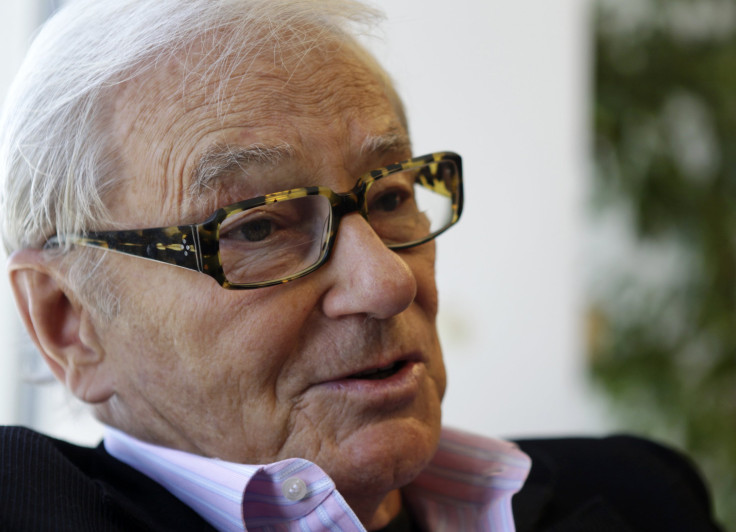Tom Perkins: The Rich Deserve More Votes Than The Poor

Should the rich get more votes than the poor? It sounds ridiculous, but according to venture capitalist and founder of Kleiner Perkins Caufield & Byers Tom Perkins, the wealthy should have more votes than everyone else.
Speaking at San Francisco’s Commonwealth Club, Perkins, 82, was asked to share an idea that could change the world. His response? The wealthy should have more voting power than the poor. Not at all coincidentally, Perkins is worth an estimated $8 billion.
"The Tom Perkins system is: You don't get the vote if you don't pay a dollar in taxes,” he said. “But what I really think is it should be like a corporation. You pay a million dollars, you get a million votes. How's that?”
It sounds like a joke, but according to CNN money, Perkins was completely serious, if intentionally provocative, in his suggestion.
“I intended to be outrageous, and it was,” Perkins told CNN Money.
Perkins’ comments didn’t stop at a suggestion to disenfranchise the poor, either. He also complained that the rich in America are under attack from the “amateur” President Barack Obama. On stage, Perkins shared that his greatest fear is that the president could one day tax the 1 percent out of existence.
"The fear is wealth tax, higher taxes, higher death taxes – just more taxes until there is no more 1 percent. And that that will creep down to the 5 percent and then the 10 percent,” Perkins said.
Perkins is no stranger to making outlandish comments about the persecution of the wealthy. Last month, he penned a letter to the editor of The Wall Street Journal warning of a “Kristallnacht” against the 1 percent, directly comparing the supposed persecution of billionaires in modern America to Nazi Germany's systematic persecution and then mass murder of Jews. Needless to say, the comparison didn’t exactly go over well with most people.
Almost immediately after the letter was published, Perkins’ own firm attempted to distance itself from its founder.
"Tom Perkins has not been involved in KPCB in years," Kleiner Perkins tweeted soon after the letter went online. "We were shocked by his views expressed today in the WSJ and do not agree."
Perkins later admitted that his invocation of the Nazis was a little too extreme, but he still stands by his overall message.
© Copyright IBTimes 2024. All rights reserved.






















